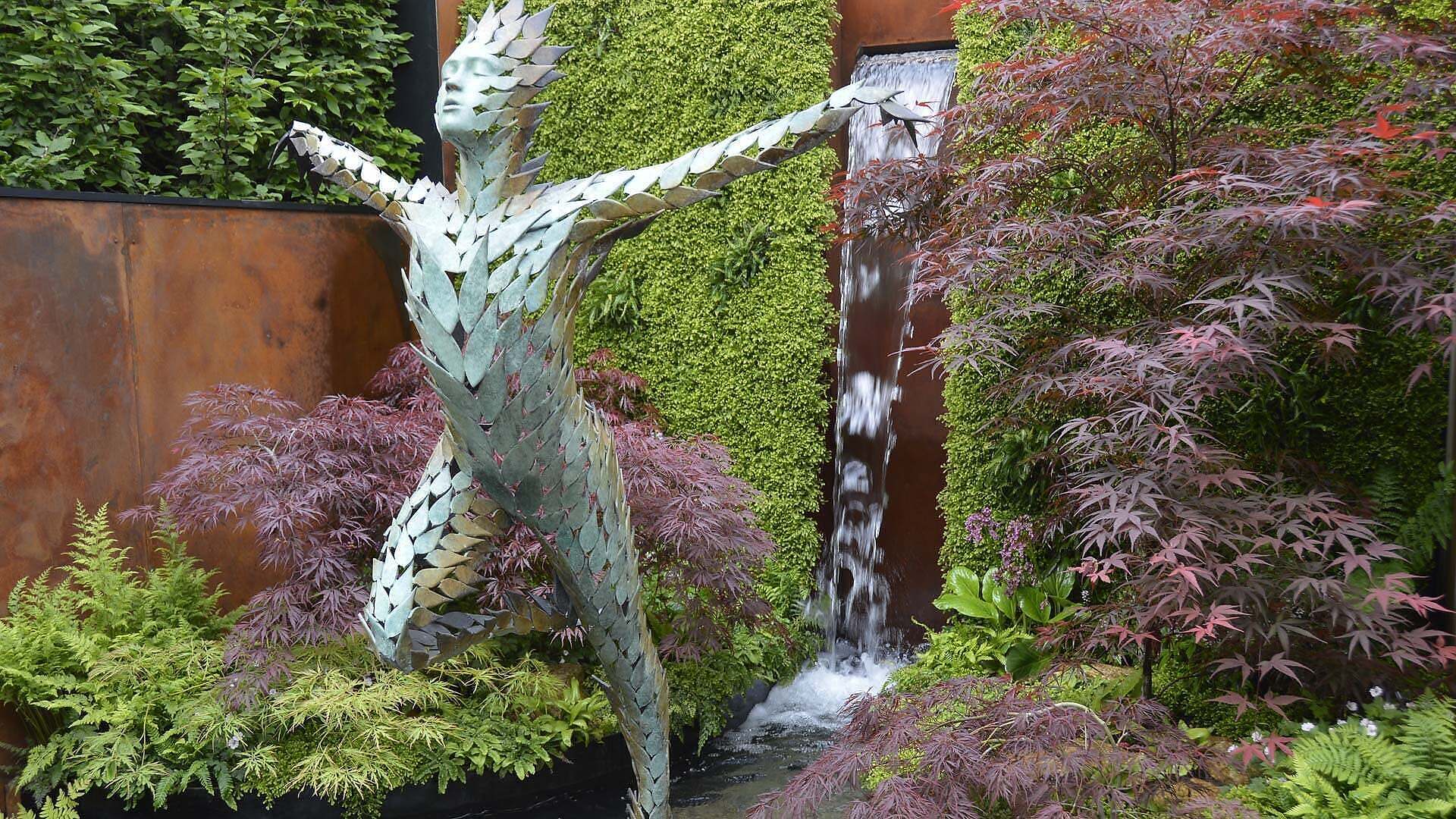Can we create paradise in a garden?
Do gardens represent our ideas of ‘paradise’?
Can we create paradise in a garden? One of the first sources of inspiration for me to enter the World of garden design was a TV series in the late 90s by the then presenter of Gardener’s World – Geoff Hamilton. He produced a series called ‘Paradise gardens’, driven by his firm belief that we could all create a ‘heaven on Earth’ in your own back garden, in which we can escape the hurly burly of everyday life. His passion and belief in the power of gardens to promote health and happiness were infectious and ignited my own interest in how gardens can be designed not only as places to meet our practical needs but spaces that touch us more deeply.
Are our ideas about paradise reflected in what we do with our gardens? When one looks at the history of gardens and the writing and art inspired by them, a common thread is how the visitor experiences the garden as an ‘earthly paradise’. Linking of the concepts is as old as gardens themselves. Paradise is actually a Persian word which was used to describe some of the earliest recorded gardens. Persian Royal hunting gardens were first cultivated in about 500BC.
Do gardens need to be ‘designed’?
Interestingly early paintings depicting ‘Paradise’ eg Adam and Eve in the garden of Eden (Breughel, 1615) appear to show very naturalistic landscapes with very little human intervention. It has been said that “a clearing in a wood is a glade and a circle in a wood is a garden”, suggesting that you need the hand of man to create a garden. It seems to me there is no doubt that being in a natural landscape can be as deeply restorative and meaningful as a cultivated garden, but our private gardens offer things that the countryside can’t. Firstly they give us a sense of seclusion and privacy. Early Paradise gardens were usually contained within walled boundaries creating a sense of place and separation from some of the harsher elements of the surrounding desert. Secondly they allow us to bring together many aspects of the wider landscape in to a smaller space – eg water (sometimes described as a ‘mirror for the sky’), trees or meadow planting; shaping and enhancing them to work harmoniously together. Thirdly a good garden designer will be able to solve some of the practical aspects of creating a garden within the limits often imposed by the site, at the same time as realising the vision that their client has for their own personal paradise. Lastly whether we can articulate it or not, we all feel an appreciation for when something has been well designed – it evokes a whole range of positive emotions and just feels like somewhere we want to be.
Ultimately what gardens mean to us has to do with the relationship we have with them and a garden that is designed around our unique needs and personality has the capacity to reach the parts that other outdoor spaces cannot reach! Being in a beautiful garden for me is not only profoundly relaxing but somewhere I can clear my mind from everyday preoccupations and find fresh inspiration. Paradise on earth – what greater inspiration?
We recently designed a garden that invited the owner to go on a journey and reflect on their life. We wanted to create a vision of paradise and people loved it!
Image by Simon Gudgeon

0 Comments